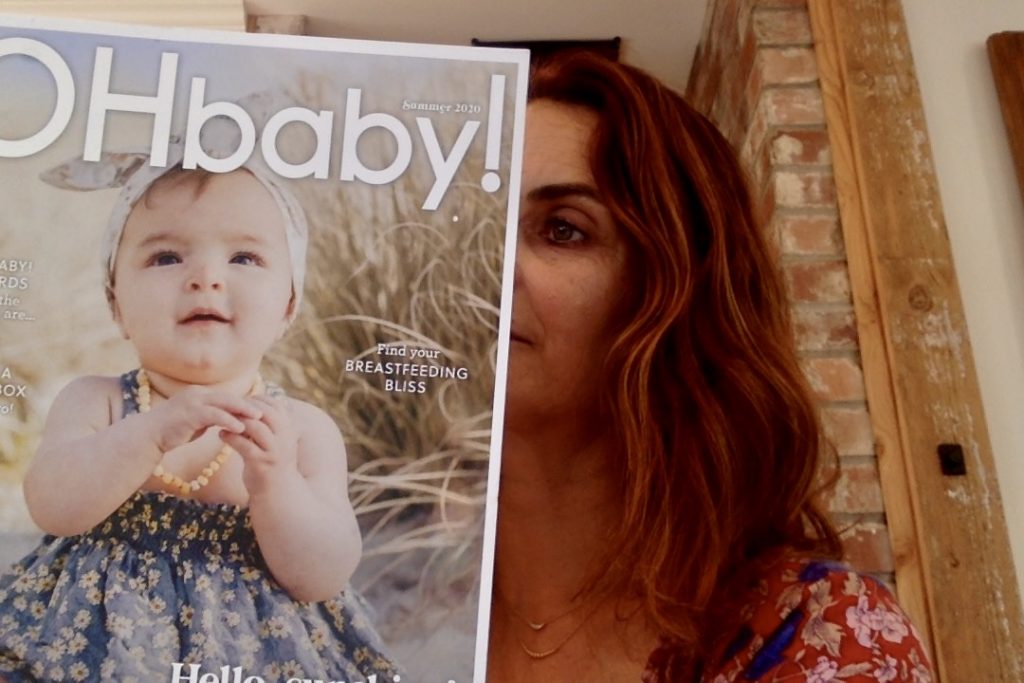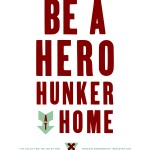Kia Ora lovelies,
I think the key to productivity is to ensure that you have something useful to be cracking on with while you are procrastinating from another thing. Not in the mood to exercise? Work on your conference presentation. Don’t feel like working on that? Do some reading and note taking. Can’t face that job? Go for a brisk walk. OH LOOK … now you’re doing the exercise you didn’t want to do in the first place! Ta-dah!
A few links to share today, then I’ve gotta get back to work. Submitted an article this morn, plenty more missions awaiting my attention!
First up: Tomorrow is Phone Free Day, a surefire way to lessen procrastination! Shout out to my pals at the UCDeFLab for rallying the troops. You could think of this as a lovely warm up for Screen Free Week!!
Good timing for many: check out this article from the Washington Post about the side effects of a year lived onscreen for kids in the US, and here is a write up about research highlighting the need to resist the behavioural crutch of giving screens to tiny children. They might seem to settle now, but really they’re just delaying their ability to develop self-settling skills. Meanwhile, work from researchers in South Australia concludes that excessive screen time is delaying school readiness.
Let ’em play! Unplug the devices and PLAY!
I’m hoping you saw this piece from Stuff, about awesome Māori dads. For more about the biologically respectful practices of traditional parenting by tangata whenua, check this out.
Some random bits and pieces, now: an excellent essay about understanding TikTok by Kyle Chayka (I understand this: it’s another mechanism for harvesting data!), a new post by the folk at Sensible Screen Use about privacy in schools (and I understand this: Google classroom = more harvesting of data!) and a kinda cool bit about libraries extending their services outdoors during the pandemic.
Here is a cool site I’ve just discovered which shares tech stories from around the world (it’s called “rest of world” which tells you quite a lot, really!) AND because it’s cooling down in New Zealand we are all about firewood around here – so I’m sharing these beautiful images of covetous living rooms with lovely fireplaces x xx ENJOY x x x x





